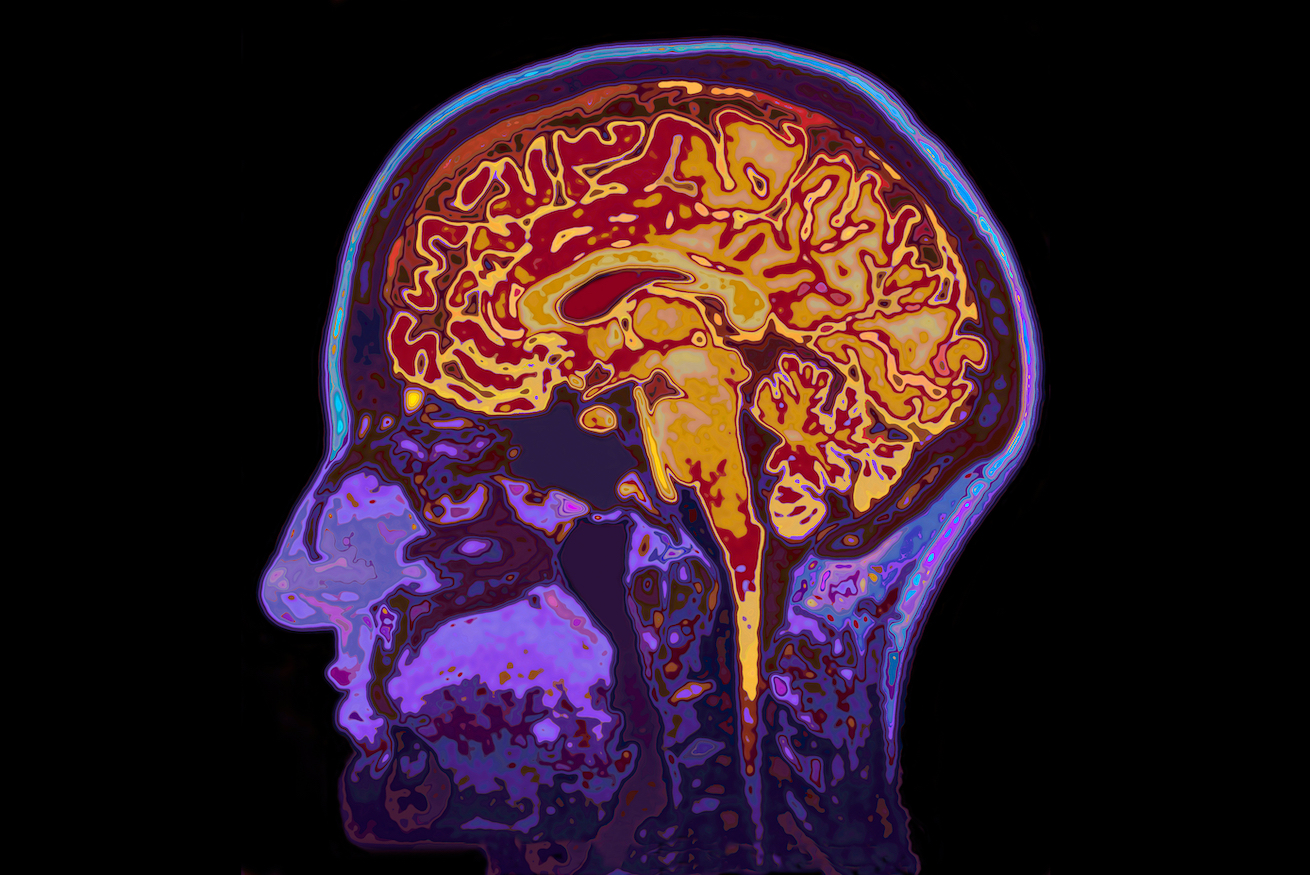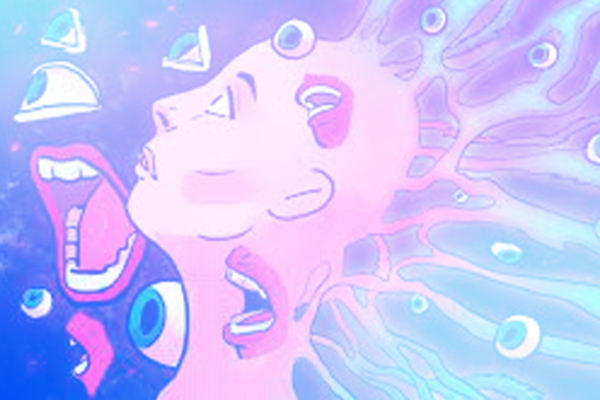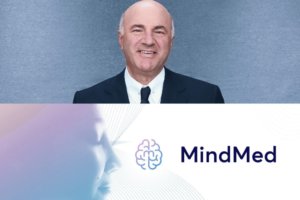
In good news for those suffering from dementia and their loved ones, a new biotechnology company hopes to bring psychedelic medicines that will treat cognitive decline to the market within three to five years.
Return Health wants to introduce new treatments based on psychedelic medicines that can reduce cognitive decline and the behavioral and psychological symptoms of dementia. The company plans to use an AI-assisted drug discovery tool to identify new non-hallucinogenic psychedelic compounds with cognitive benefits.
“The potential of psychedelic drugs to treat cognitive decline from dementia by temporarily inducing a change in growth and reorganization of the brain neural network and moderating neuroinflammation is unprecedented,” says company Co-Founder and CEO Dr. James Kuo. “The industry truly has the unique opportunity to create positive capital returns while helping and healing humanity.”
Return Health Co-Founder and Chief Scientific Officer Dr. Lila Khennouf added: “Using the latest AI-assisted drug discovery technology, we believe we will go to market faster and with higher success rates than ever before. We need to use every tool available to us, the latest technology, and the untapped potential of psychedelic medicine in the fight against dementia. Patients deserve it.”
Dementia is the general term for a decline in a person’s mental ability, which is severe enough to interfere with their daily life. The most common type of dementia is Alzheimer’s Disease, accounting for 60 to 80% of cases. Sadly, the average person lives just four to eight years after receiving a dementia diagnosis, but some may live as long as 20 years post-diagnosis.
According to the Centres for Disease Control and Prevention, 5 million American adults aged 65 and older have dementia, with this number projected to reach 14 million by 2060. Globally, according to the World Health Organization, around 55 million people have dementia, with this number expected to reach 139 million by 2050.
There is currently no known cure for dementia, but there are medications that can help with dementia symptoms such as behavior changes or anxiety. Many companies are carrying out research and clinical trials involving new drugs with the hope of finding a more effective way to treat patients living with dementia and perhaps even prevent cognitive decline pre-diagnosis.
Psychedelic drugs such as psilocybin and LSD have demonstrated the ability to promote neuroplasticity and neurogenesis by way of the 5HT2A-R receptors in the hippocampus—an area of the brain involved in memory and cognition that is progressively shrunk as the result of Alzheimer’s Disease.
A 2020 review on psychedelics as a treatment for Alzheimer’s Disease and other dementia subtypes found: “The potential for psychedelic compounds to influence and enhance functional neuronal connectivity, stimulate neurogenesis, restore brain plasticity, reduce inflammation, and enhance cognition provides a new therapeutic target and compelling argument for further investigation of the potential for psychedelics as a disease-modifying compound in conditions where currently none exists.”
Return Health believes psychedelics can provide a better solution for dementia patients than current medications, leading to an improved quality of life for them, their families, and their caregivers.





